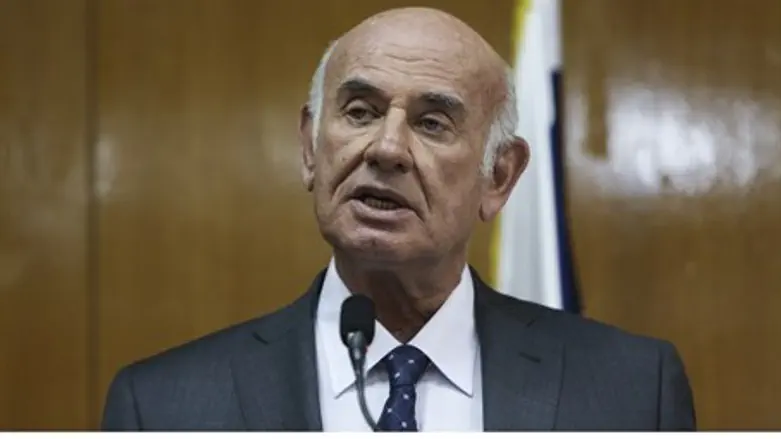
Reactions continue to pour in after Monday's announcement that the American Studies Association would be publicly joining the Boycott, Divestments, and Sanctions (BDS) movement. Israeli politicians and academics continue to pan the move, arguing that it hinders freedom of expression in the academic world.
“Rather than standing up for academic freedom and human rights by boycotting countries where professors are imprisoned for their views, the ASA chooses as its first-ever boycott to boycott Israel, the sole democracy in the Middle East, in which academics are free to say what they want, write what they want and research what they want,” Ron Dermer, Israel’s ambassador to the United States, said Monday to the New York Times.
“It’s almost like a betrayal in the family,” said Manuel Trajtenberg, an economics professor at Tel Aviv University (TAU). “It’s very grave and very saddening that this happens, particularly so in the U.S.,” he said.
Walla! reports that Israeli politicians and educational boards have been particularly virulent in their criticism of the decision.
"The decision does not differentiate, and even links between, the expression of political opinion and the undertaking of scientific endeavors," stated Yaakov Peri, Minister of Science and Technology. "It is an inappropriate act which does not befit the American Studies Association."
Peri warned about setting a precedent for the mingling of science and politics. "Unfortunately, in recent times we see many examples of mixing politics with science and we are working to eradicate these phenomena," he explained.
"The main victim here is the concept of universal science [itself], which has the ability to connect people of different ethnicities, nationality and political opinions - and should stay that way," Peri concluded.
The Committee of University Boards stated that it was "opposed to any kind of an academic boycott" and stated that it "turns to our colleagues, faculty members in institutions of the world, to condemn calls for a boycott and prevent this type of activity aimed at imposing such embargoes."
In its announcement, the committee said that academic research in the world should be "based on cooperation - institutional and international - and keeping distance from ideological or political agendas is contingent on [academic research's] success."
"Boycotting an individual scientist or an academic institution is a phenomenon with serious consequences for academic freedom; cooperation between universities is essential for promoting teaching and research and is antithetical to the fundamental values on which the scientific world is based," the response concluded.
Deputy Minister of Education Avi Wortzman (Bayit Yehudi / Jewish Home) also condemned the decision. "This is a despicable attempt to intervene in the domestic politics of Israel under the guise of academic debate and, allegedly, equal rights," Wortzman argued.
"Israel offers its citizens an equal opportunity in the academic world and encourages the integration of minorities in academia [. . .] I regret that the American Studies Association has transformed itself from an academic body into a political organization."
At least one leftist political figure, surprisingly, has also condemned the move.
“Okay, so a couple of Israeli researchers will not be invited by a couple of American researchers,” said Avraham Burg, a leftist former Labor Party lawmaker who runs Molad, a research group that recently published a report on Israeli isolation. “That for me is awful, because the academic community is the last one with the freedom of thought and freedom of expression.”
Burg, a former speaker in the Knesset, has recently been condemned by the Land of Israel Legal Forum for publicly declaring that Israel has nuclear weapons. The news that he opposes an academic boycott is particularly telling; while Burg is often perceived as an extreme leftist, and has advocated for the labeling of products made in Judea and Samaria, even he is against a blanket boycott of Israeli academia.
The Palestinian Authority has also stated on numerous occasions that it opposes the BDS movement; this case is no exception. “We are neighbors with Israel, we have agreements with Israel, we recognize Israel, we are not asking anyone to boycott products of Israel,” stated Majdi Khaldi, an adviser to Abbas. “The problem is two things: occupation, and the government of Israel continuing settlement activities.”
The ASA continues to uphold the decision, however, defiantly brushing off the waves of criticism from Israelis and academic associations alike.